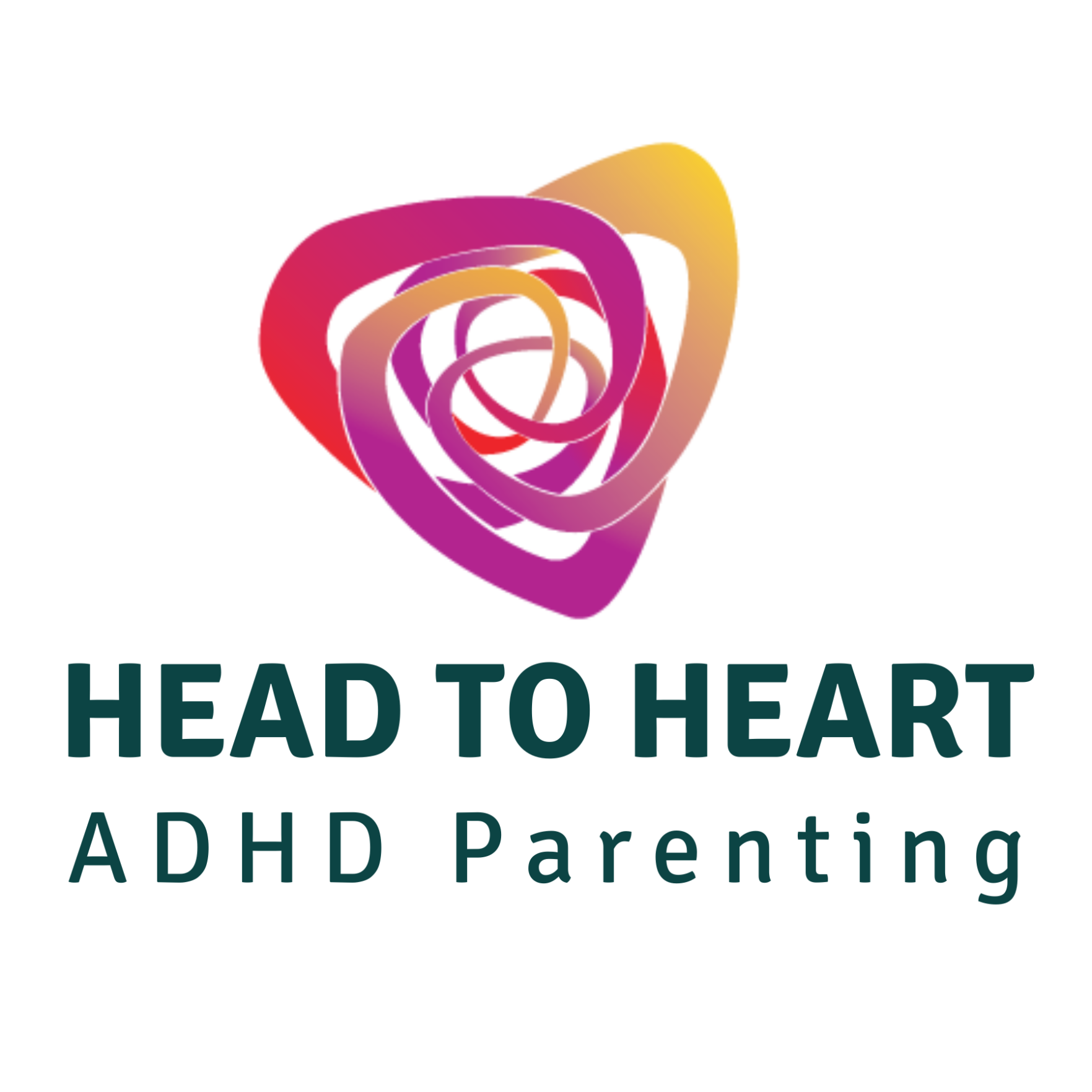Parents and Caregivers, We are thrilled to unveil our latest initiative – Head to Heart…
Pesticides on Produce Tied to ADHD
By Amanda Gardner
HealthDay Reporter
MONDAY, May 17 (HealthDay News) — New research suggests that exposure to high levels of organophosphate pesticides, commonly found on berries, celery and other produce, could raise the odds for attention-deficit/hyperactivity disorder (ADHD) in children.
At this point, though, there is no evidence that pesticide exposure can actually cause ADHD, stated the authors of a paper appearing in the June issue of Pediatrics.
Certainly parents and children shouldn’t swear off fruits and veggies, said study lead author Maryse Bouchard, an adjunct researcher in the department of environmental and occupational health at the University of Montreal and at Sainte-Justine University Hospital Centre. However, “I think it’s safe to say that we should as much as possible reduce our exposure to pesticides,” she said.
That would meaning going organic, buying at farmers’ markets and washing fruits and vegetables thoroughly before consuming them, she said.
“I always encourage my families to embrace healthy lifestyles in general,” agreed Dr. Nakia Scott, clinical assistant professor of psychiatry and behavioral science at Texas A&M Health Science Center College of Medicine and a child psychiatrist with Lone Star Circle of Care. “I think it’s much more important that they’re eating fruits, vegetables, nuts and grains instead of sodas and fast foods and I’m not saying that they’re not going to eat any produce because it might contain pesticides.”
Previous research has shown an association between both prenatal and postnatal organophosphate exposure and developmental problems in young children.
But most prior studies have focused on excessive rather than average exposure to organophosphates.
“Organophosphates are one of the most widely used pesticides in agriculture to protect crops and fruits and vegetables,” Bouchard noted. “For children, the major source of exposure would be the diet — fruits and vegetables in particular.”
In their study, Bouchard and her colleagues analyzed data on pesticide exposure and ADHD in more than 1,100 American children aged 8 to 15.
Children with higher pesticide levels in their urine were more likely to have ADHD, the team found.
“The analysis showed that the higher the level of exposure [as measured by metabolites in the urine], the higher the odds of having ADHD,” Bouchard added.
Just how might pesticides harm brain development? According to the authors, high doses of organophosphates may inhibit acetylcholinesterase, a nervous system enzyme. Lower doses of the pesticide may affect different growth factors and neurotransmitters.
The findings, if replicated, may provide another clue into the causes of ADHD, a condition which affects three to seven percent of school-aged children, according to the U.S. Centers for Disease Control and Prevention.
“We do have a fair amount of evidence about other causes of ADHD,” Scott said. “We know that ADHD is a highly heritable disorder. At least one-third of fathers who have had ADHD in their youth have a child with ADHD.”
“There are also prenatal risks such as tobacco exposure and alcohol exposure,” she added. “There’s also a possibility that children who are exposed to high levels of lead prior to the age of six may develop ADHD.”
There’s more on shielding kids from pesticides at the U.S. Environmental Protection Agency.

Comments (0)